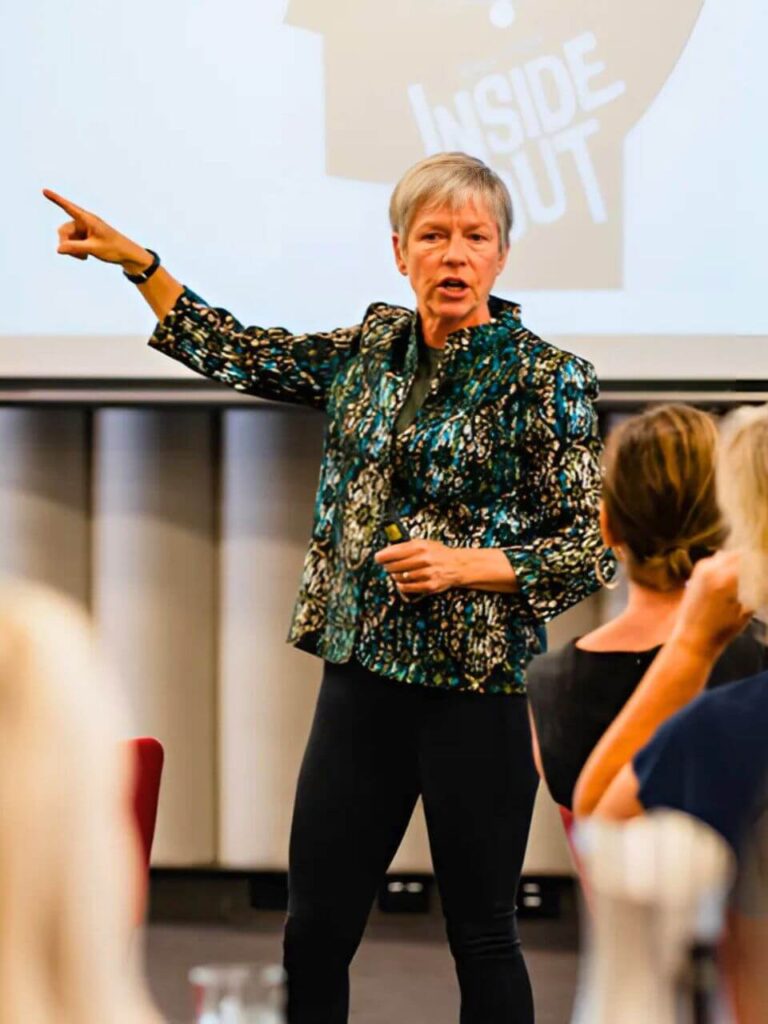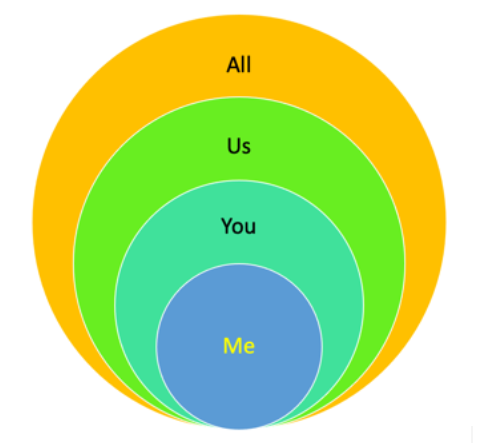
Mojo MisManagement: Lessons from the Olympics
Do as I say, not as I do. This could have been the staff slogan at any Olympic Games I was part of. On the
Key high-performance experience:
What I learned along the way:

Enduring truths about human high performance:
This is my work—to help humans perform better.
If this excites you and you are ready to grow your high-performance capacities from the inside out, let’s go.
My keynotes are topical messages delivered to engage, entertain, inform, and (maybe even) shake up the high-performance status quo.
My topics come from from decades spent behind the scenes helping elite athletes, coaches, and teams as well as from my work in defence, medicine, and the corporate sector.

Do you want to play not just a bigger—but your biggest–game? Do you want your team to step up performance, not just to the next level, but to find what they are truly capable of?
Here’s a question, then. What comes first, the performance? Or the performer?
Anyone can pop out a great performance once with no training, but doing the best you can over and over and over again…that is a completely different game. Which game do you want to play?
True high performance, that is, sustainable high performance, starts with the performer.
That’s you as the leader. That’s you as the team member. That’s you as a parent, partner, or friend.
High Performance From the Inside Out is exactly what it sounds like. I work with leaders and teams to develop their inner game first. When we get it right inside—accurate self-awareness, emotional understanding and management, mindful relationship with our thinking–we multiply our capacity for better decisions, leadership, stress-tolerance, and quality relationships.
Leadership is contagious. What we cultivate for ourselves spreads to those around us. From me, to you, to us, to all:

To learn more about what HPIO is about, how I work, and how I deliver these outcomes for individuals, and organizations, click here:
Grit, that combination of passion and perseverance, can take you from zero to hero in pursuit of those big, challenging goals worth pursuing. Gritty people, be they athletes, coaches, or corporate C-suiters, thrive best when the road ahead is clear and plans make sense. In times of uncertainty and change, however, grit may not be enough; in some circumstances, it can even be counterproductive. This book is for those times.
In this book, you will learn:
In short, you will learn how to work with uncertainty and how to perform more effectively in ways that benefit you as well as those you lead and work with.
Leadership is contagious. How you as a leader think, feel, and act infects your team as reliably as any virus.
If you want to learn to be more productively or inspirationally “infectious,” I partner with you to coach the mindset and behaviour shifts that can get you there.
To learn more about how I work with leaders in this space, click here:
News Flash: women’s brains are wired differently from men’s brains. Women are hard-wired to think more interpersonally, experience emotions differently, to seek consultation and collaboration, and exhibit different leadership qualities than men often do. We are biologically impacted by developmental events such as child-birth and menopause which change how we think and feel.
In the past, these differences and changes were at times regarded as weaknesses, and women were coached to be more like men. Research into gender differences, the world of work, and my experience working with female performers has informed a different approach. Rather than necessarily defaulting to a “male model,” it is important to first understand and validate female clients on their own terms and work with their unique strengths while also learning state-of-art skills for navigating complex or biased work environments.
To learn more about my coaching and training programs specifically designed with women in mind, click here.











Do as I say, not as I do. This could have been the staff slogan at any Olympic Games I was part of. On the

Guilt. Evolutionary psychologists tell us that this is a necessary “pro-social” emotion that evolved to keep us humans in more harmonious community. It’s that nagging,

Over-gritters unite! Recent blogs have been focusing on the notion of (1) high-performance moments and how we can maximise them, which led me to reflect on the
©2024 by Dr Kirsten Peterson.